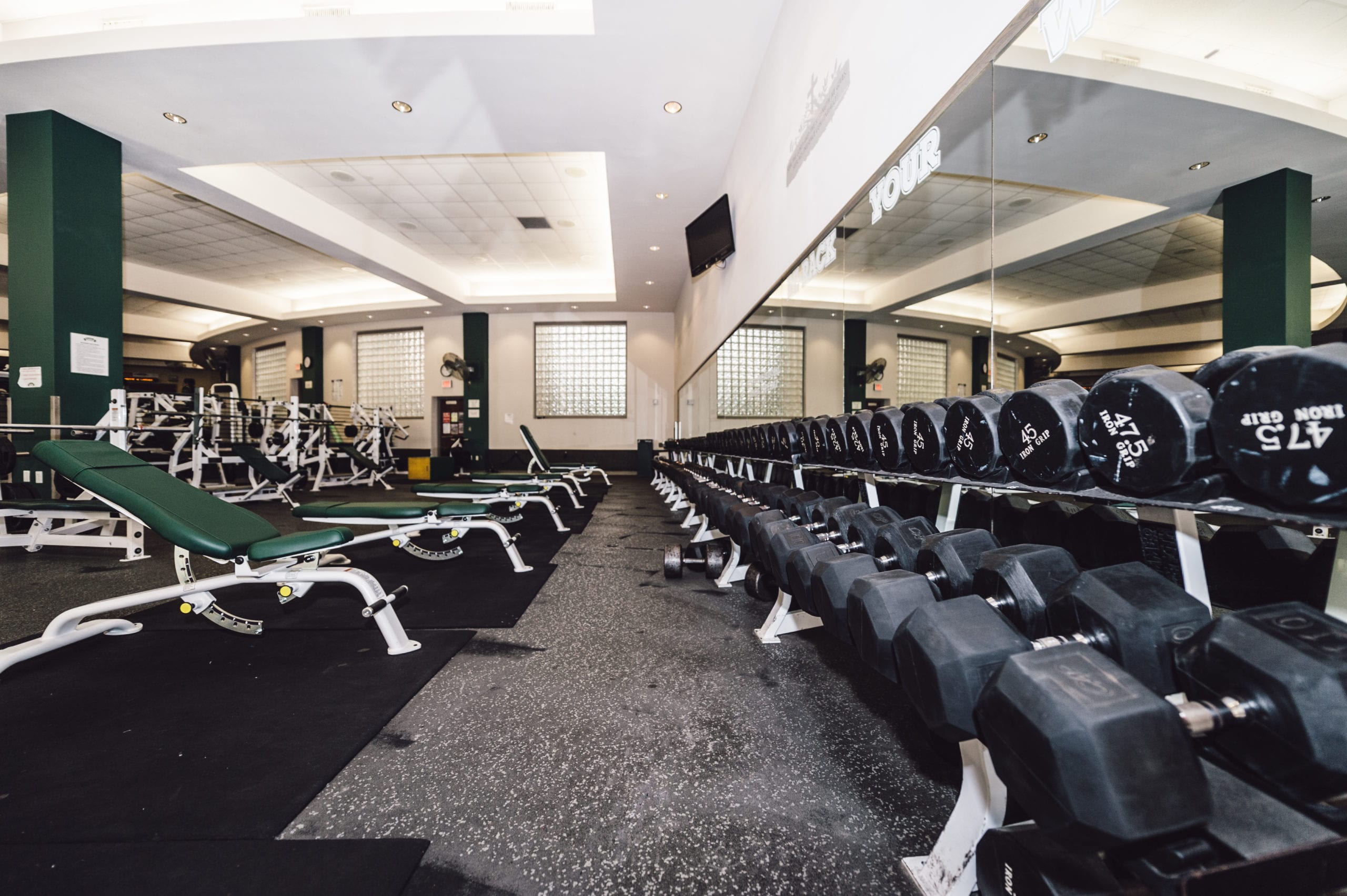Every year, rec centers across the nation prep their facilities and staff to withstand the battle against preventing and spreading sickness. At Baylor University, staff first prepare by shutting down the entire facility from Christmas Eve to New Year’s Day for deep cleaning.
“We clean locker rooms, lockers, scrub the floors and even drain the pool,” said Kim Scott, the director of Campus Recreation at Baylor. “We extract the carpet, clean the exterior and under the covers of the fitness machines, do some high dusting, and blow out the ventilation systems prior to refinishing the wood floors.”
Additional deep cleaning is also visually appealing and includes wiping down the handrails and walls, and sometimes repainting or providing touch-ups.
While staff can complete all the necessary deep cleaning tasks during down time, it is also important to continuously encourage a clean and safe environment for both patrons and staff throughout the semester, as well as educate on preventing the spread of sickness.
Scott described a number of tactics her department incorporates to educate all:
- Digital posters on all monitors about cleaning equipment, washing hands, sneezing into your sleeve, etc.
- Having staff clean equipment throughout the day, and requiring patrons wipe down equipment after use.
- Requiring all patrons to wear shirts with sleeves and have a personal towel to wipe their own sweat.
- Stickers on the mirrors of each bathroom reminding students to wash their hands properly.
- Free-standing hand-sanitizer stations throughout the facility.
Having the campus Health Center upstairs is also beneficial in fighting the spread of sickness by collaborating with Campus Recreation and handing out anti-bacterial hand-sanitizer as well as masks to students who may be contagious or have sick roommates. “Flu shots are readily available at the Health Center, and faculty and staff are highly encouraged to get it, along with students,” added Scott.
The Wellness Department on campus also contributes by offering presentations to student groups and residential halls to discuss healthy living. They will also offer presentations to classes if a professor requests it.
Because recreation is often one of the largest employers on many campuses, one of the easiest ways to spread sickness prevention awareness is through staff members. “We educate our student workers relentlessly about doing our part to keep germs and sickness at bay,” said Scott. “They help other students understand our guidelines concerning this time of year.”











